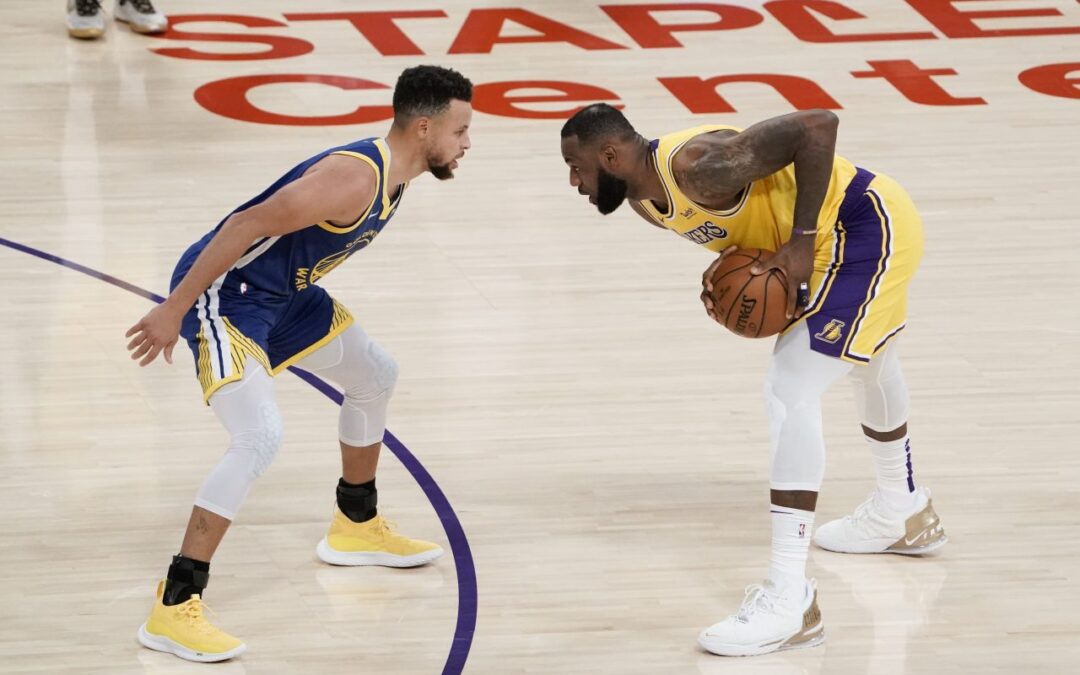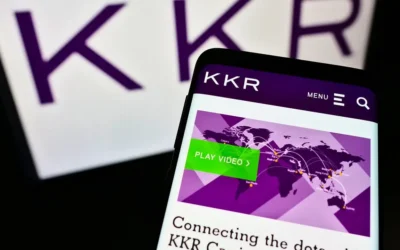The ongoing appeal of live action and global popularity of leagues will ensure the value of sports media rights continues to rise, according to Harris Blitzer Sports & Entertainment (HBSE) founder and managing partner Josh Harris.
Speaking at the Leaders Week sport business conference on 6th October, Harris acknowledged the increased competition between major leagues and competitions for viewers, but believes the clamour for live action during the Covid-19 shutdown highlighted consumers’ continued appetite for sport.
“There’s this battle for attention. Also, you’ve got the decline of the TV and cable rights, and the rise of the tablet, phone stream rights,” Harris said.
“When Covid unfortunately happened sports were off and people, our culture, really missed it. But all the leagues decided, and all the nations decided, that even though there was a little bit of a health risk that they would take the chance to brighten the national mood by having sports.
“Sports are really unique in terms of bringing people together and making people happy. So I think if you’re lucky enough to be a participant in one of the major sports you’re going to be okay.
Free Webinar: Scaling up – Embarking on Digital Transformation in Private Equity
- How data analytics can create efficiencies within Private Equity
- The most beneficial ways for firms to digitise and what major risks that are involved
- How will digitisation affect the future of Private Equity
“People like to watch sports live, they still like to do it. The interest in live sports is very different. Netflix, right? You’re watching content that’s already been made.
“In sports, if you watch it after it’s already made you know the end. So that is a unique asset for media companies. So I see a lot of great things happening in sports that I think will continue to allow the value to rise.”
Harris – who owns the National Basketball Association’s (NBA) Philadelphia 76ers, the National Hockey League’s (NHL) New Jersey Devils, as well as co-owning Premier league club Crystal Palace – pointed to the NHL and National Football League’s (NFL) most recent domestic rights deals, the latter being worth US$110 billion, as signs of the continued momentum worldwide.
“I still think that there’s this growth, that tailwind,” he continued. “In China, you can see more people watching an NBA basketball game than in the home market of the US.”
On the topic of private equity in sport, the co-founder of investment firm Apollo Global Management said that the influx of capital is fundamentally good for the industry. That view was generally shared in Pricewaterhouse Coopers’ (PwC) recent 2021 Sports Survey, which revealed that most executives agree that investors have a real impact on growth. However, 73 per cent were concerned that they are distracting sport from its historic values.
While Harris admitted the situation could be “complicated”, opening up sport to private equity will ensure better opportunity and innovation for teams and investors alike.
“I think private equity in sports is a good thing for sports,” he said. “If you want innovation, if you want better product, if you want better media content, having capital flow in… you have to make sure that the owners have a long-term perspective or [are] willing to invest in the game, do it for the right reasons.
“But I think it’s all very good for the sports, because it’s bringing capital in. It’s allowing for teams to innovate and invest and create better product.”
As for engaging young fans who are becoming less inclined to watch live games in full and are being drawn to second-screen experiences, Harris feels that leagues must give younger viewers the content they want to get them to tune in and, crucially, keep coming back.
“You have to engage, certainly, through social media, through gaming, through betting and through packaging sporting content in a way that everyone gets what they want,” he said.
“Where this is all heading is that everyone is going to be able to watch whatever they want, whenever they want to watch it, on whatever device or TV they want to watch it. That’s ultimately the evolution of media and there’s a ton of innovation going on to allow for that.
“And, also, two-way engagement I would say, the younger fans who are on their phones all the time. First of all, they have a lot coming at them. So it’s a competition for time. They’ve got Netflix, they have Amazon, they can watch whatever they want to watch. So you have to make it interesting and the way you make it interesting is that they’re engaged.”
Having initially acquired a stake in English top-flight soccer club Crystal Palace at the end of 2015, Harris also gave his latest thoughts on the collapsed European Super League (ESL) and what steps the Premier League needs to take to stop another planned breakaway competition.
The ESL, which was set to feature 12 of Europe’s biggest clubs, was unveiled in April, only for the proposal to fall apart some 48 hours later after a fierce backlash from across soccer.
Harris had been critical of the ESL from the outset and now thinks the Premier League must continue to leverage its global appeal, and financial heft, to keep attracting top players and ensure the league remains competitive in order to appease fans.
“[The Premier League is] streamed to billions of people, multiple billions of people. And it’s increasingly garnering a lot of the media dollars, or more of the media dollars. Therefore, the best players in the world are going to want to play in the Premier League.”
Harris continued: “The best players in the world, ultimately, are going to go where they can get paid the most and where the competitive dynamic is the best. So that’s what the Premier League has to do. They have to have the best players in the world, the most exciting competition in the world, and that will garner the ultimate media dollars. That’s kind of what’s happening.”
Source: Sports Media Pro
Can’t stop reading? Read more
KKR-backed Optiv enters private debt talks as $1bn maturity wall looms
KKR-backed Optiv enters private debt talks as $1bn maturity wall looms KKR-owned cybersecurity...
Permira set for $3bn Golden Goose exit as HongShan circles Italian luxury brand
Permira set for $3bn Golden Goose exit as HongShan circles Italian luxury brand Permira is in...
CPE to invest $350m in Burger King China joint venture with Restaurant Brands International
CPE to invest $350m in Burger King China joint venture with Restaurant Brands International...




